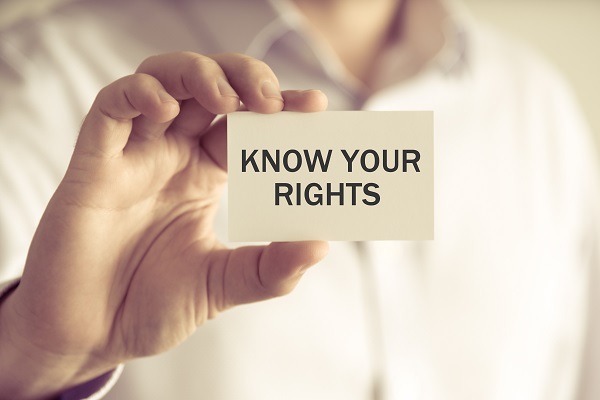How Soon Will Your Case Go to Trial? It Depends
If your DUI or drug case may go to trial, you may worry how long it will take to get in front of a jury. Lawyers will tell you that it depends how soon your trial will happen. But the Constitution does guarantee the right to a speedy trial – though the definition of “speedy” is up for debate. Courtroom Scheduling Greatly Affects Trial Dates In criminal court, judges may hear hundreds of cases in a week. A trial can take hours or days to complete, meaning the judge cannot hear other cases during that time. As a result of judges’ packed...
Continue reading




